

19 products
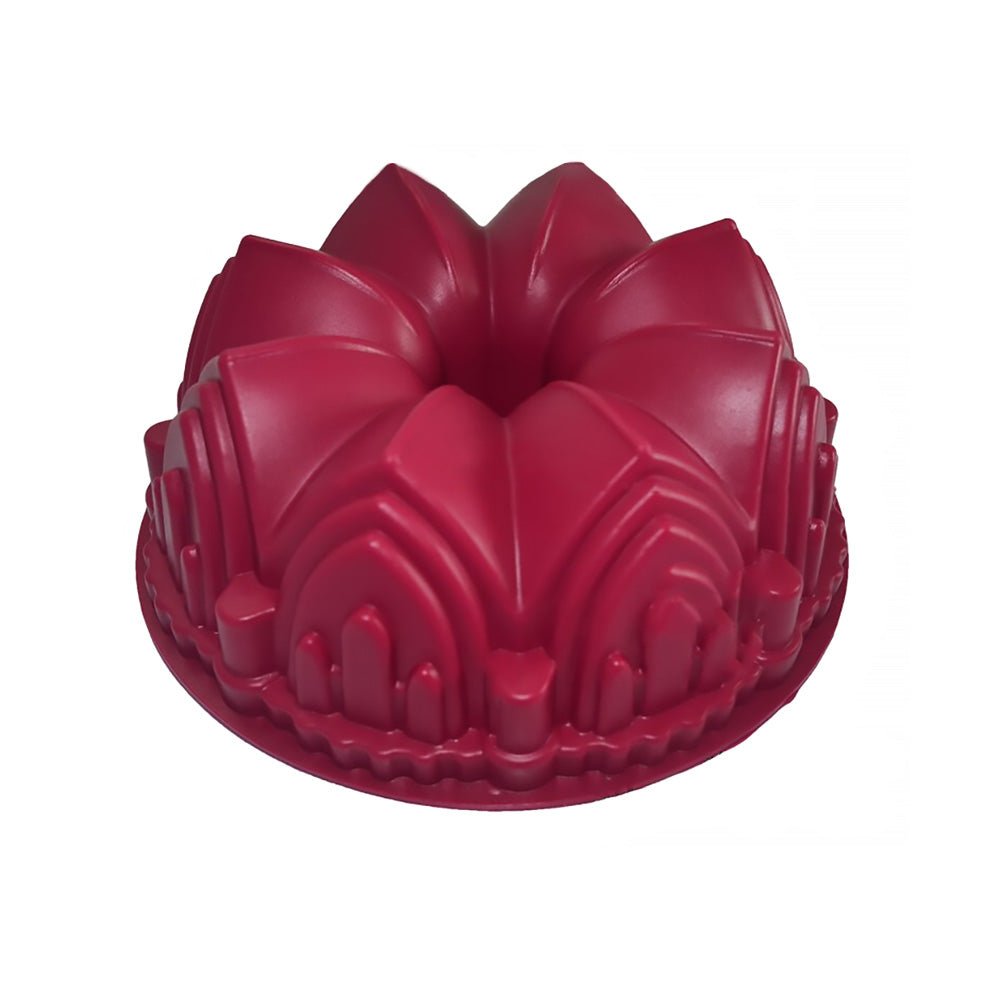
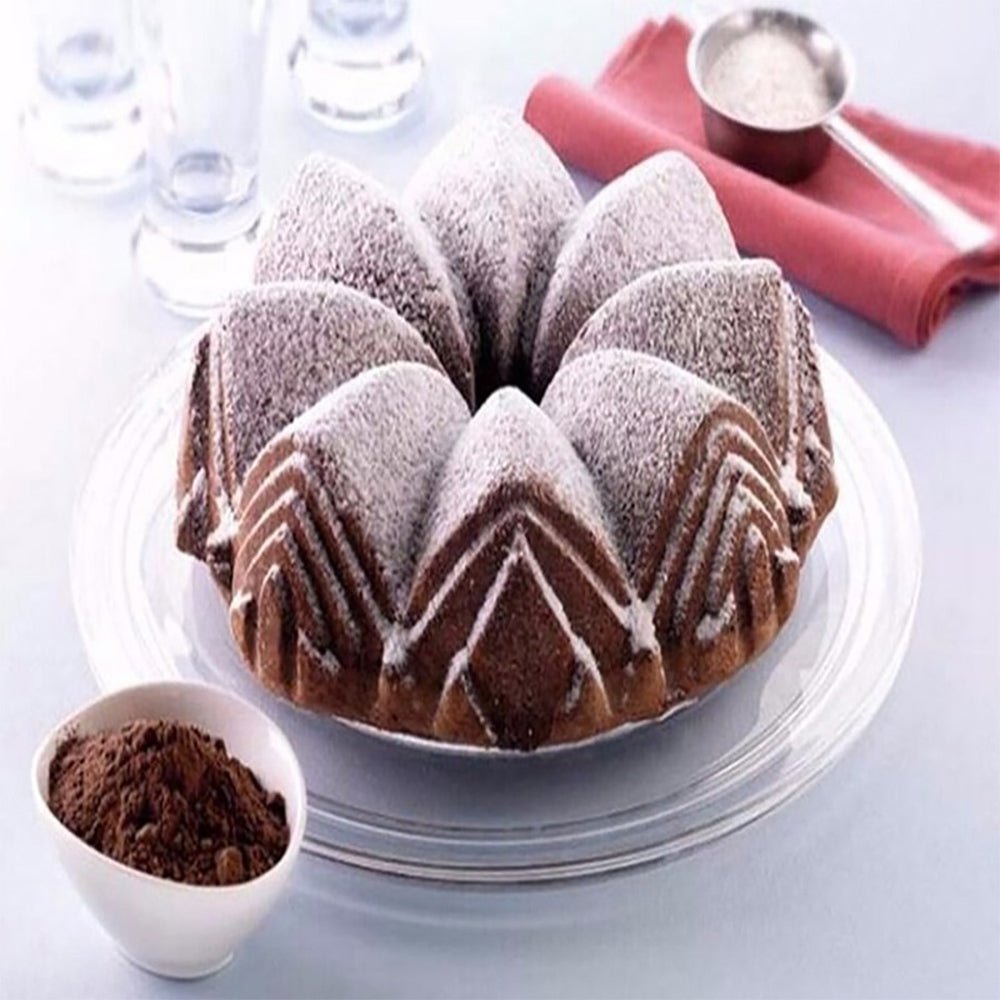


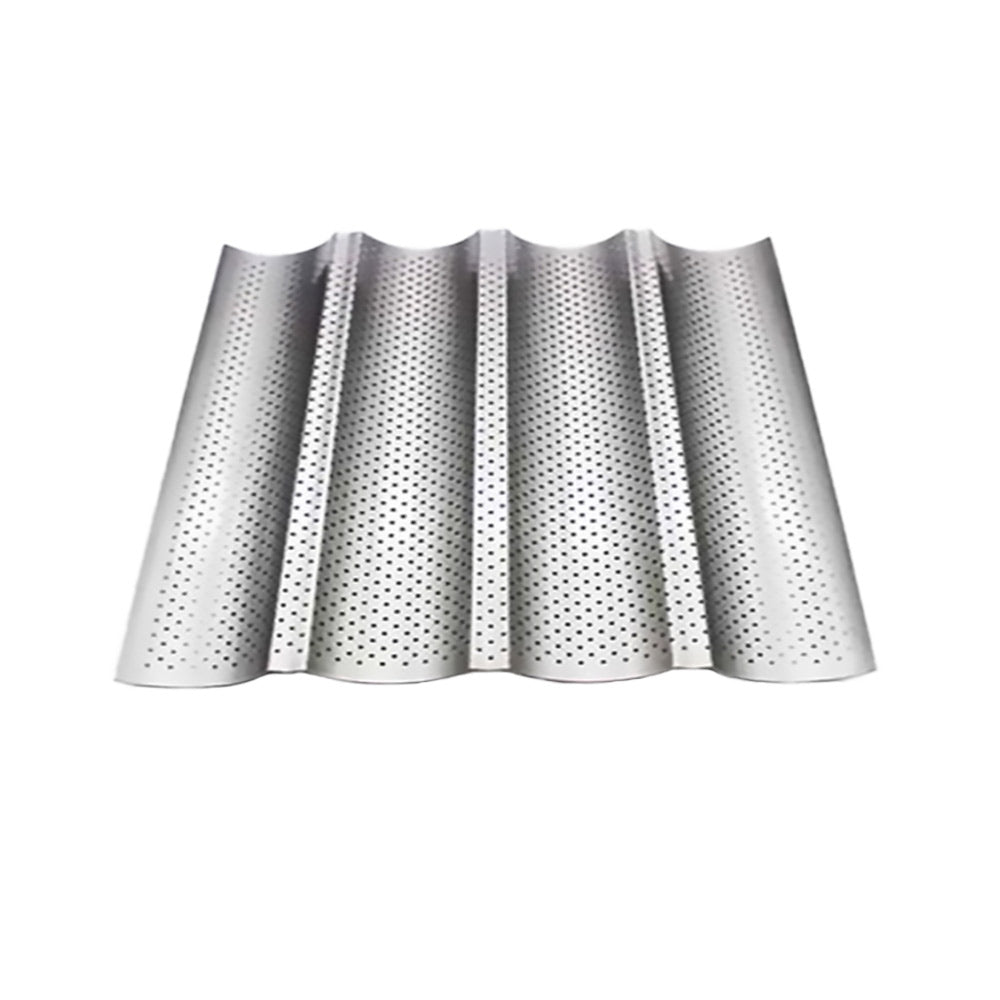
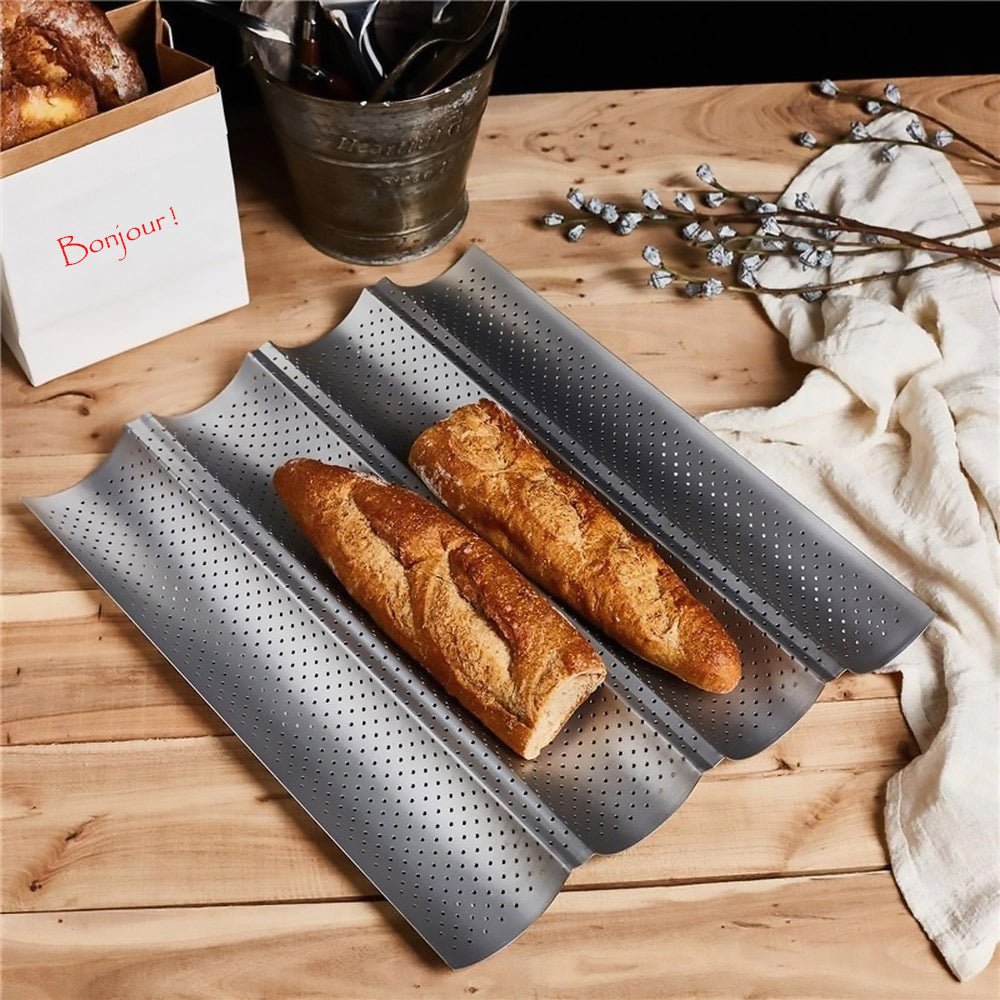


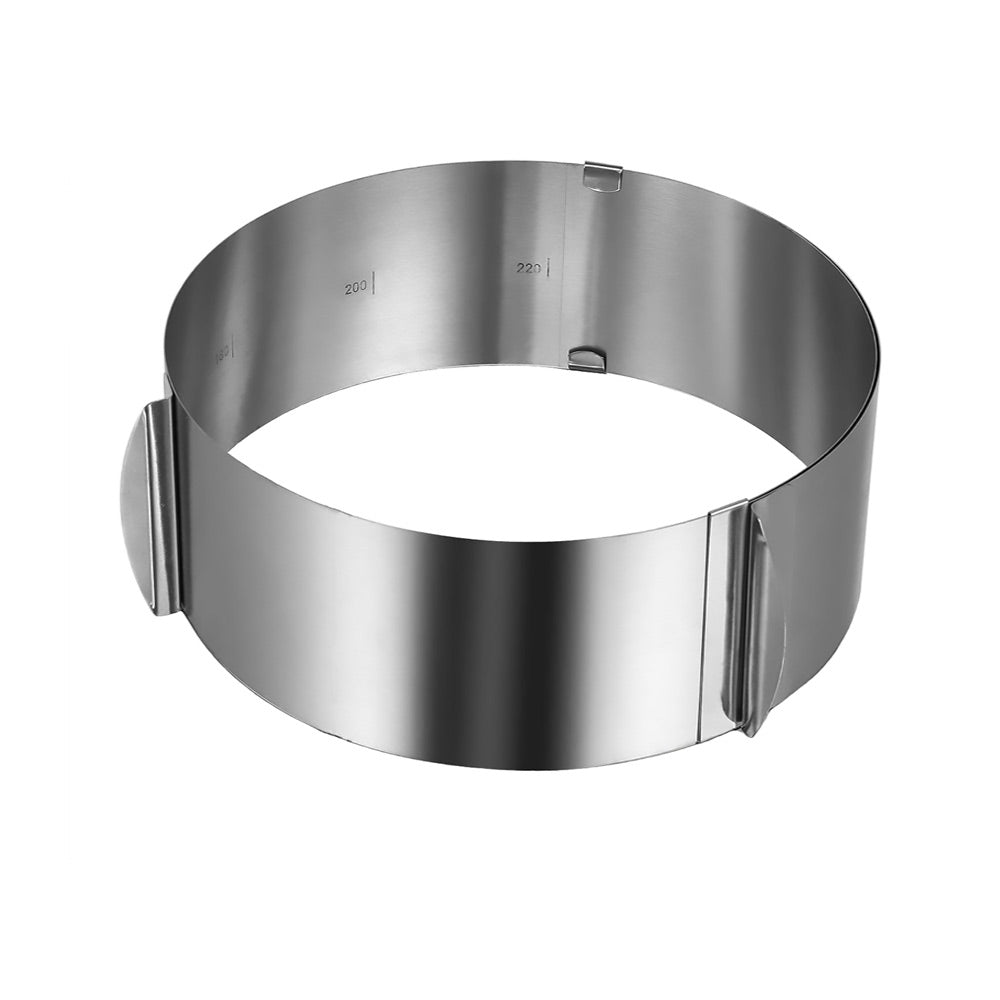
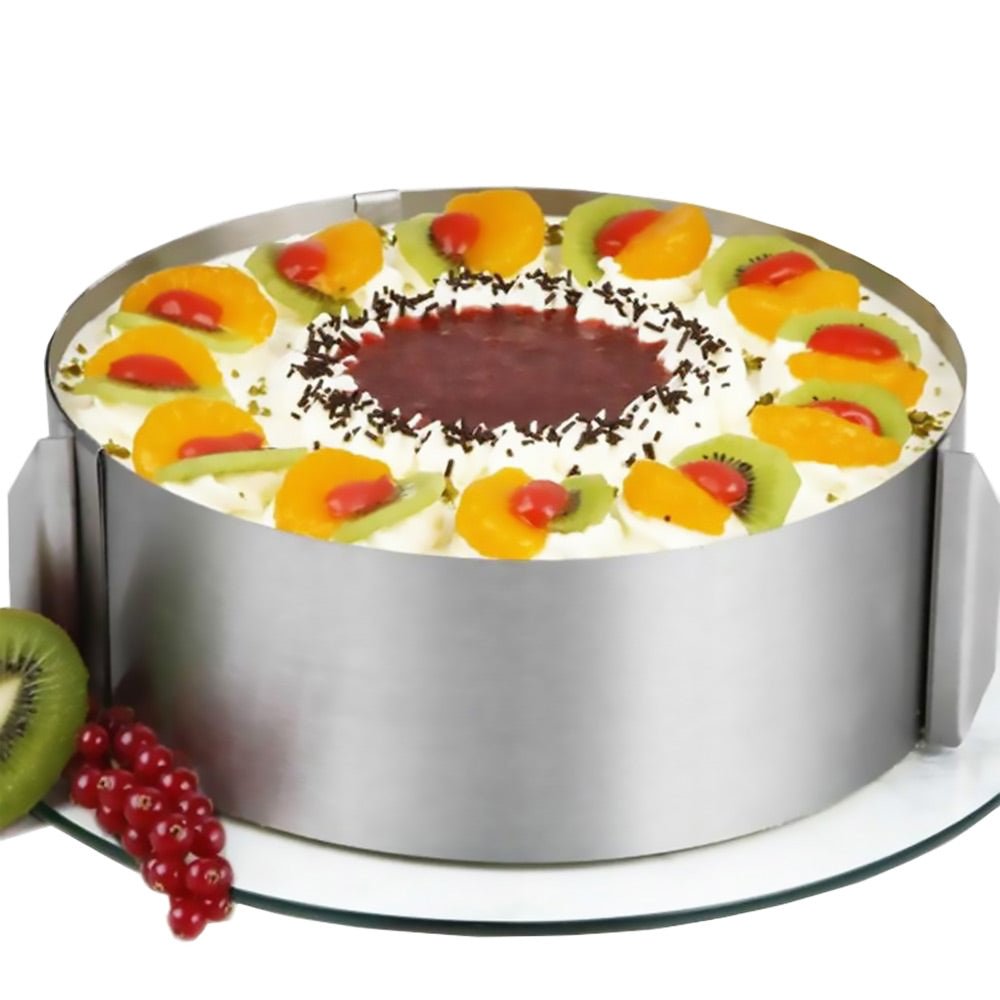


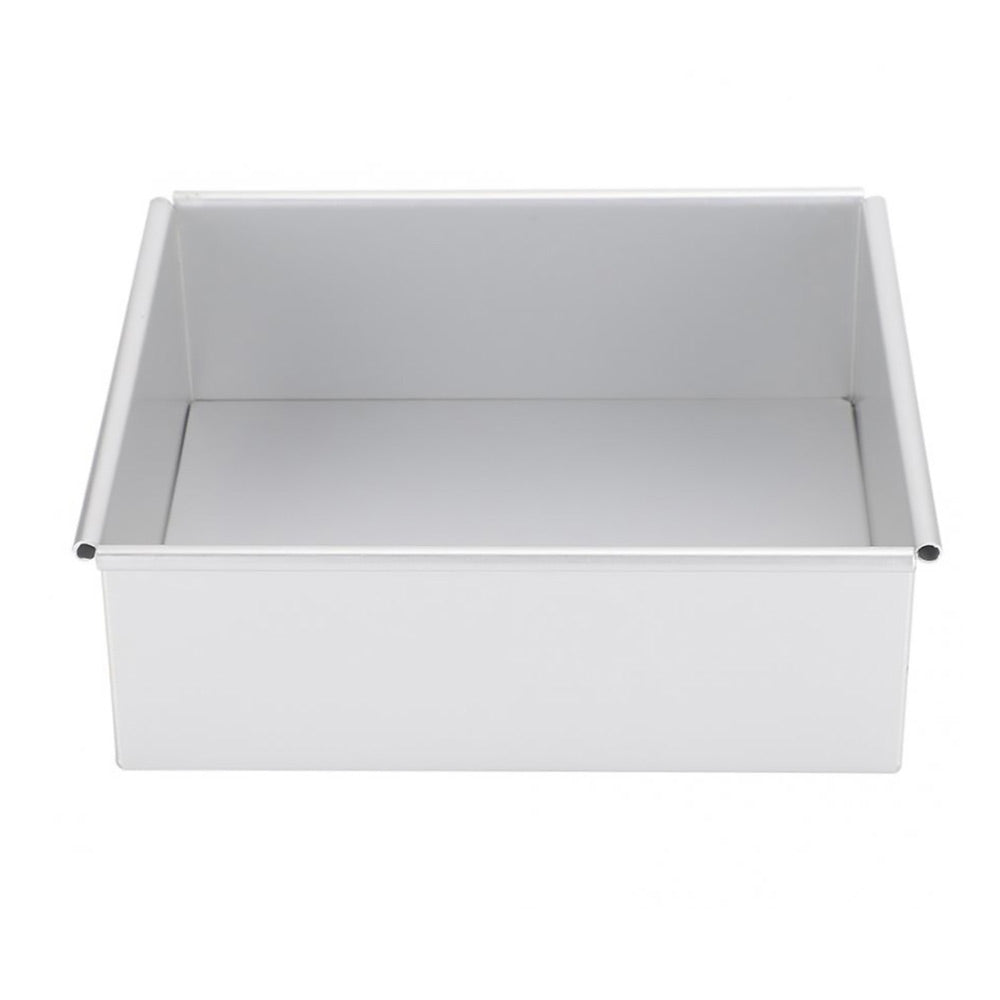
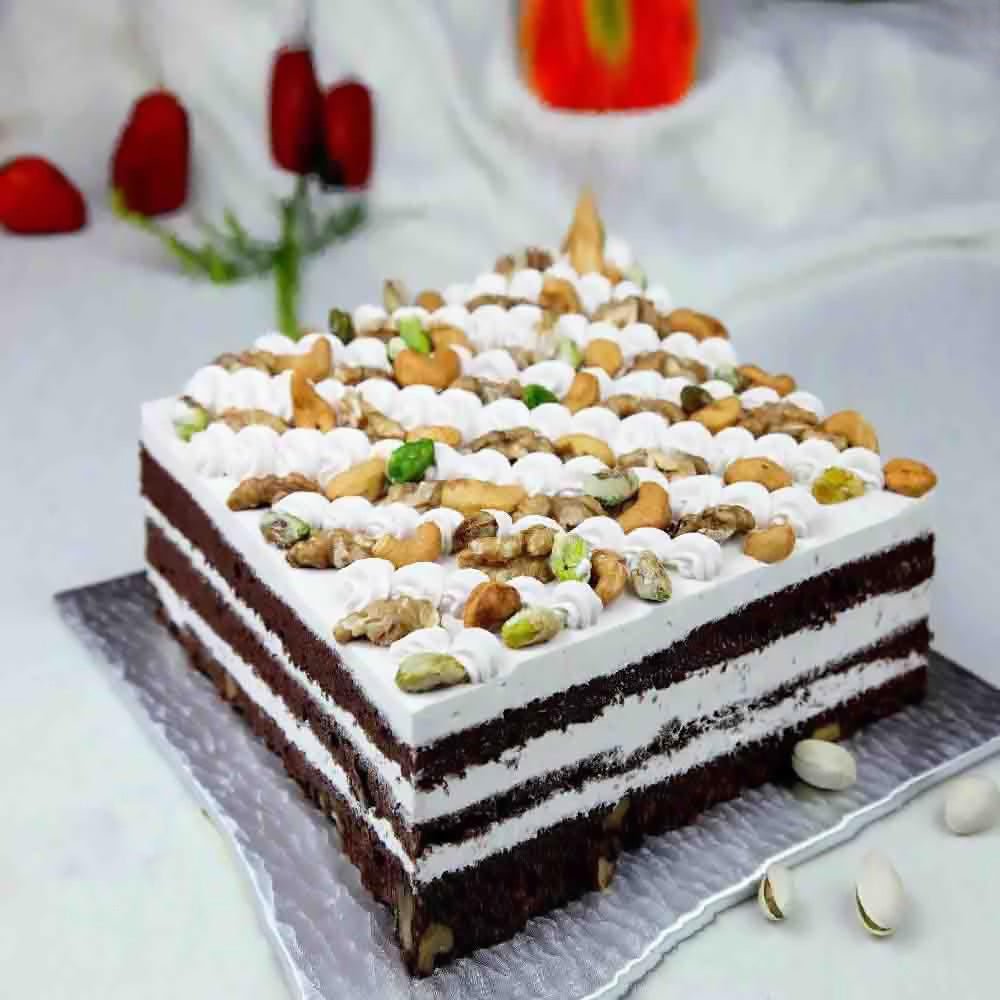











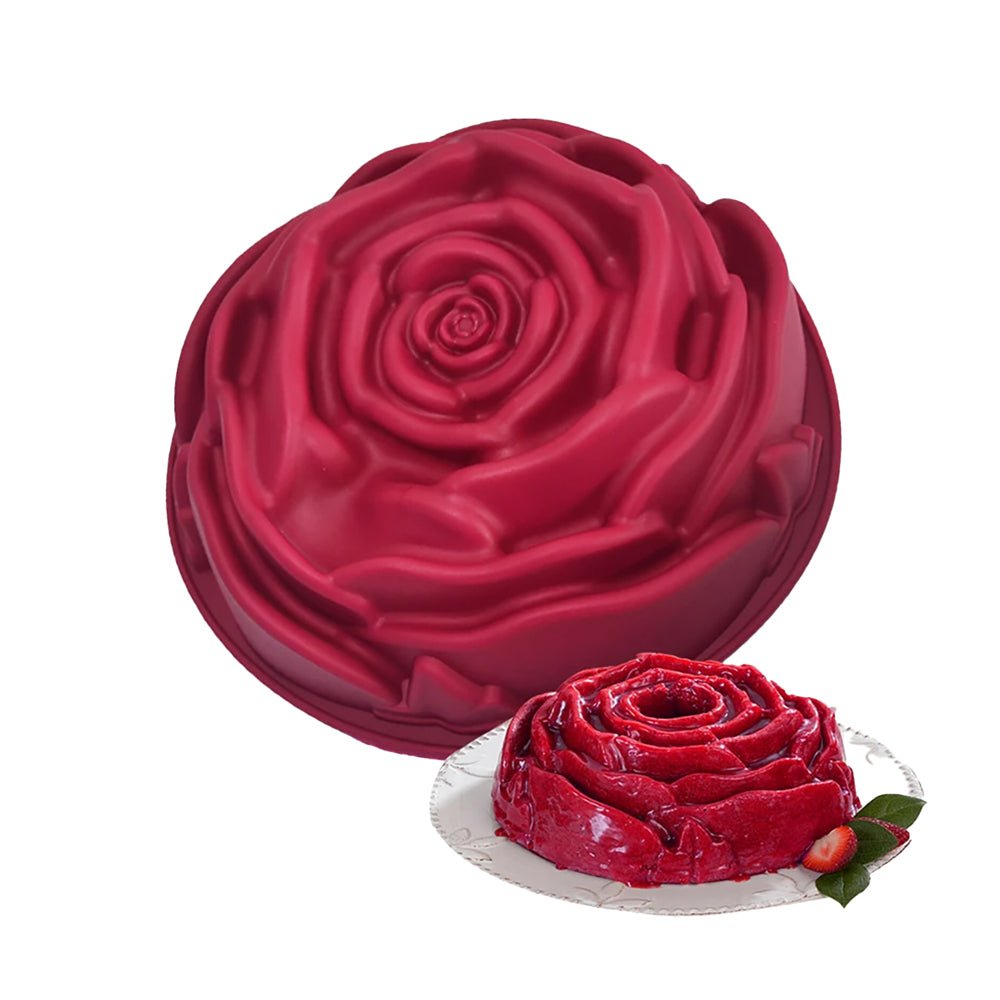
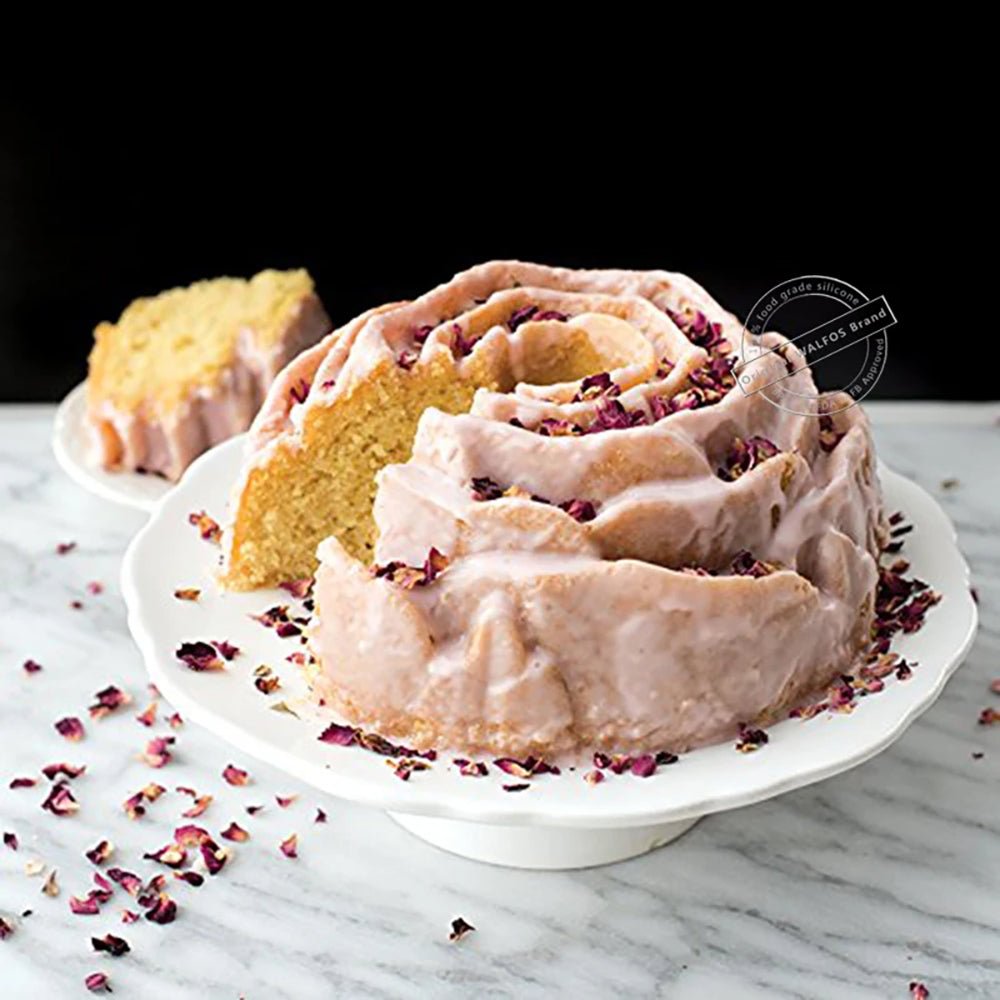







Yes, many of our baking pans feature non-stick coatings to ensure effortless food release and hassle-free cleanup. We also offer silicone baking pans and cupcake pans, which are naturally non-stick.
We recommend using silicone, wooden, or plastic utensils for non-stick baking pans to avoid scratching the coating. Stainless steel and cast iron bakeware can withstand metal utensils.
Use parchment paper, baking spray, or light oiling for metal baking pans. Non-stick and silicone pans require little to no greasing. Cast iron and unglazed ceramic should be correctly seasoned to maintain a natural, non-stick surface.
Baking soda is a natural, non-toxic cleaner that easily removes stains, grease, and burnt residue.
Regularly cleaning your baking pans with baking soda helps keep them in top condition, ensuring they last longer and perform better in the kitchen.